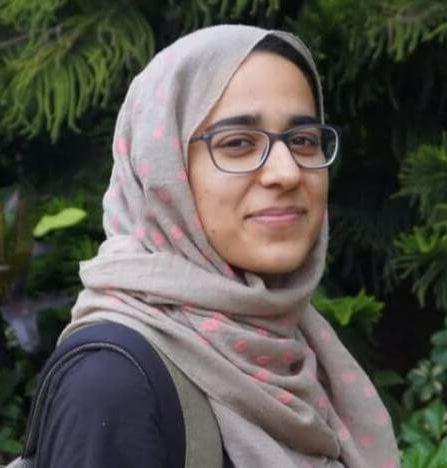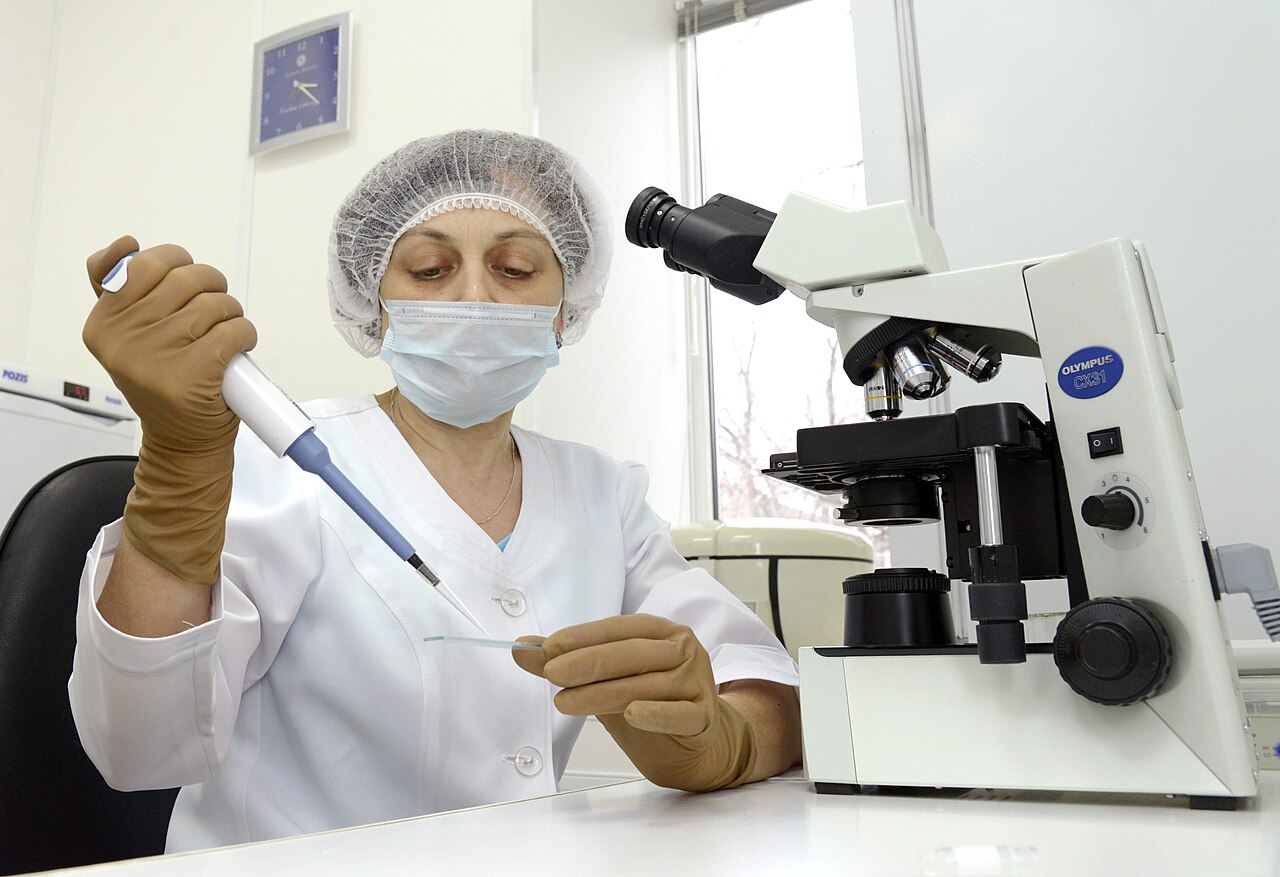Posted by Hirra Azmat
Mehreen Khaleel (30) is often asked questions like, “People are already dying due to the conflict [in Kashmir]. What will you gain by protecting the wildlife?“
These queries have not fazed her quest to educate people on Kashmir’s rich treasure of biodiversity. In 2018, she gave shape to her pursuit by establishing the Wildlife Research and Conservation Foundation (WRCF). Khaleel believes her mission to save the forests is another way to save her community.
“After all, as the famous Kashmiri saint, Sheikh ul Alam, said, ‘Anne poshe telli, yelli waen poshe’ (food will last as long as the forests last),” she said.
The wildlife conservationist has seven core members. They are all students from different backgrounds like forestry, literature, veterinarians, science, and photojournalists. “The work is divided among us. Each project or event taken by the WRCF is brainstormed continuously until we sort out the logistics,” she said.
The Awareness Quotient
The need for a non-governmental organisation (NGO) dedicated to conservation came up around 2016 to raise the awareness quotient among the masses. Khaleel faced two instances that highlighted the lack of knowledge on biodiversity.
The first instance cropped up when Khaleel interacted with women from Aru, Pahalgam of South Kashmir when she had just started on her dissertation on the Himalayan Langur. “They showed minimal interest in the wildlife species, and on the contrary, questioned my attempts to understand the ecology of the region,” she said. Later, when she visited different schools to talk about conservation, she found that the majority of children had limited knowledge on the subject.

“It was a turning point for me. I could not make peace with the fact that our younger generation will also grow up oblivious. Without realising the importance of the ecosystem, they are bound to refrain from building a sustainable future. Whatever little the students knew was mostly bookish knowledge about some tropical animals,” she said, adding, “Children are the future. And, it becomes our moral responsibility to teach them about these treasures. We plan to provide a platform where students can learn to explore nature and take this up as one of the career options.”
Khaleel’s fondness for nature has roots in her childhood. Her grandmother, who was fond of nature, was her role model. “I found her tending to the plants and trees in the garden as if they were her children. She often spoke to me about their importance in our lives. Also, she was among the very few educated Kashmiri women of her times. Even in the latter stages of her life, she took to reading about the environment and shared the knowledge with me,” Khaleel recalled.
It eventually motivated Khaleel to pursue a career in science. She graduated from the Indian Institute of Science Education and Research, Mohali. “Here, I grew familiar with scientific research, which was more rewarding,” she said.
Funding Hurdles — Then And Now
In 2013, she enrolled at the Indian Institute of Science (IISc), Bangalore, for research in ecological science. Here, she encountered her first and biggest hurdle — funding.
“Mostly, all funding resources find it easy to support applied research. Very few people fund curiosity-based research. In India, basic science is still looked down on.”
“Everyone here looks for ‘how does your research benefit humans?’ But we need to understand that sometimes curiosity-based questions help us understand nature better. Thankfully my mentors from IISc guided me well, and I consider myself lucky that I found a way to fund my work,” she said.

Five years later, when she started WCRF, funding was still an arduous task. “The people here think it is the least important thing. I wouldn’t blame them alone. Due to the prevailing situation, environmental issues are often relegated to the sidelines,” she said.
However, there has been a silver lining in the cloud. Sponsors from outside Kashmir are more willing to support the endeavour. Among them is the celebrated former cricketer-cum-wildlife photographer, Anil Kumble. He has been helping the forest department in his homeland Karnataka with capacity building. Now, he is supporting WCRF since 2020. “He is one of our sponsors and deeply values the importance of wildlife. He has been instrumental in organising these events,” she said.

The Growth Phase
This support and WCRF’s continuous activities, like volunteering and interning opportunities for students, have boosted things in the right direction. Through WRCF, Khaleel has conducted awareness programmes in various Srinagar and Ganderbal districts of the Valley.
“We already have a few projects running, and we have received an excellent response from students. Our goal is to contribute to conserving the unique wildlife by involving local communities and using and helping them improve their knowledge. This is to be done with new research and providing solutions,” she said.
In 2020, the WCRF, in collaboration with Kashmir Photography Club, organised Kashmir’s first wildlife photography event. Hundreds of photography enthusiasts participated in the month-long programme, where they captured and shared their encounters with the wildlife.
“It started on International Biodiversity Day. The main idea was to involve the common people in helping us generate some serious data on the biodiversity of Kashmir. This event had three categories: Birds, wild animals, and insects. We had 14 winners in total, and each of them was awarded a cash prize,” she said. The NGO also published its first coffee table book featuring photos of wildlife from Kashmir.
A Platform For Women
Mobilising the community for conservation includes a particular emphasis on women at WCRF. Now that the work and events are gathering momentum, Khaleel wants women to champion the cause of biodiversity protection. “We live in a time when women are in every field of science — so why not this? Women need to be at the forefront of using resources sustainably. Also, a woman is the one who gives birth to life. She is the one who would understand the value of life better,” she said.
WRCF is strongly invested in both educating women and drawing them into conservation efforts. “We are trying to engage with the women community and educate them about sustainable resources. We have been focusing on utilising their knowledge and ideas to improve conservation efforts,” she notes.
Besides, the NGO is working towards the visibility of women who are focused on conservation. “Women in certain local communities have been engaged in conservation efforts for a long time, but unfortunately, they have never been given any recognition. We want to utilise their expertise and bring them to the forefront of decision-making,” she said.
Also read: Dr. Aditi Sharma, Senior Veterinarian & Wildlife Health Specialist At Rajaji Tiger Reserve
This article is a part of 101Reporters’ Rukhmabai Fellowship Stories About Women In Stem and has been re-published here with consent. In this series, 101Reporters cover the inspiring work of Indian women in the fields of STEM.
About the author(s)
101Reporters is a pan-India network of grassroots reporters that brings out unheard stories from the hinterland.





